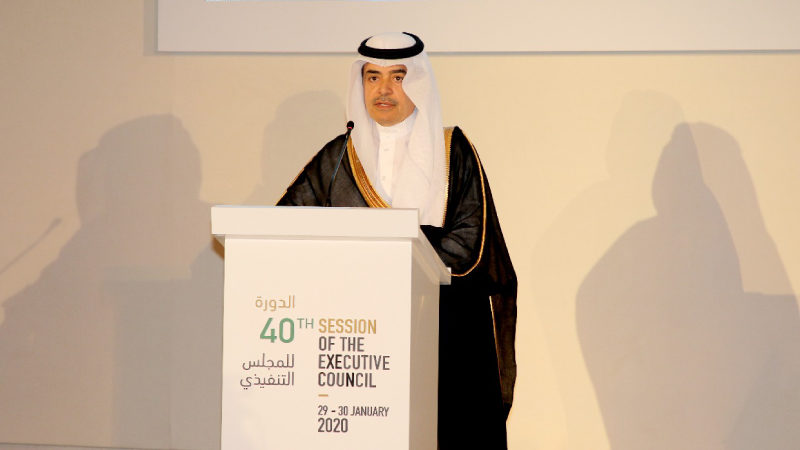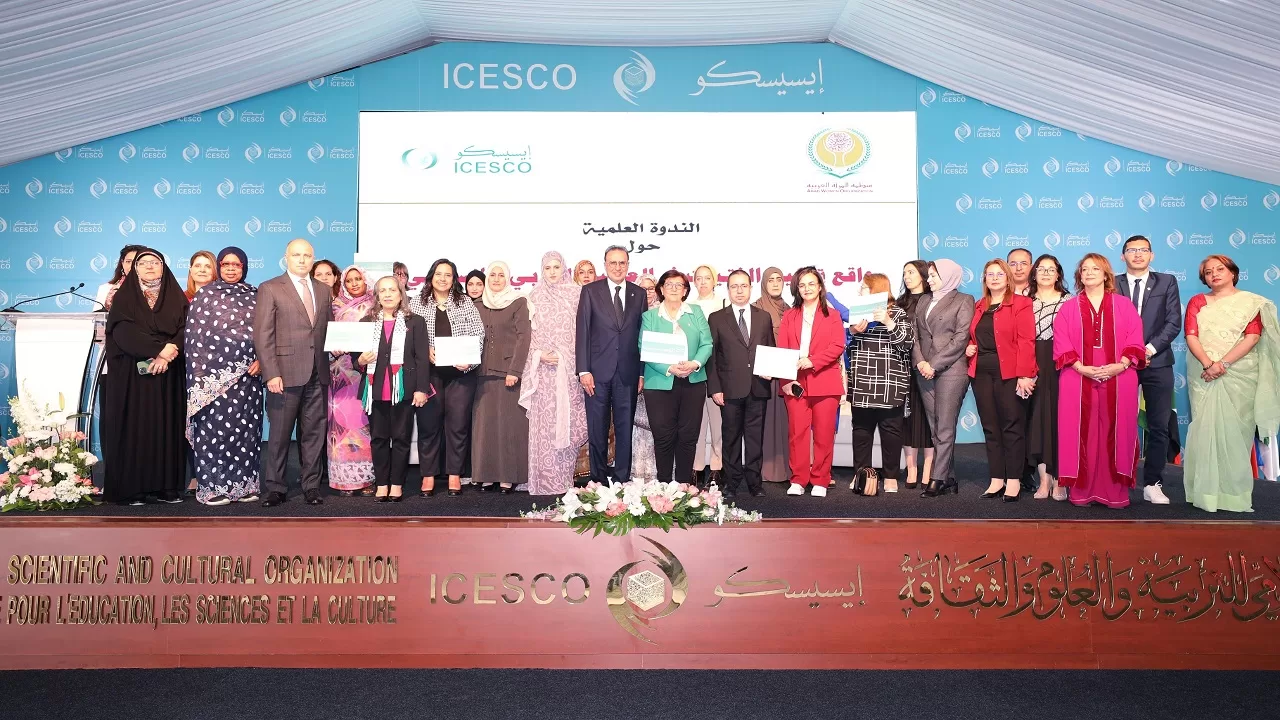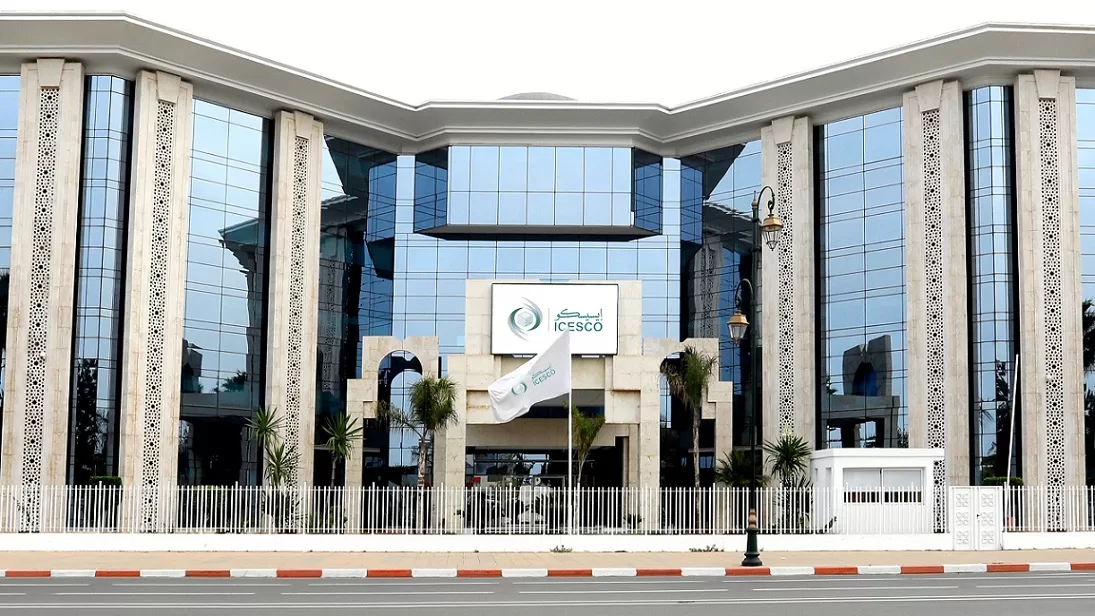
AlMalik addressing ISESCO Executive Council: “The Islamic world faces enormous challenges that require taking constructive initiatives and urgent reforms”

29 January 2020
** ISESCO’s anticipatory vision will move the Organization from idealistic aspirations to realistic achievements
Dr. Salim M. AlMalik, Director General of the Islamic Educational, Scientific and Cultural Organization (ISESCO), reaffirmed that the Organization has adopted an anticipatory vision which will allow it to move from idealistic aspirations to realistic achievements and position it at a leading standing to become a beacon of global outreach in its areas of competence, and develop action mechanisms that meet the Islamic world’s expectations for a better future.
Dr. AlMalik, in his address at the opening session of 40th ISESCO Executive Council, which kicked off today in Abu Dhabi, added that ISESCO, since its inception, thanks to the support of its Member States, has achieved significant gains which affirms the important roles assigned to it to coordinate joint Islamic action within the realm of its competence. “The way ahead is still long, given the enormous challenges faced by the Islamic world. We are thus required to take constructive initiatives and urgent reforms that lives up to our expectations in order to attain the desired the goals,” he stressed.
Dr. AlMalik also stated, “Under this new vision, we want ISESCO to become a modern organization that is strongly attached to its origins while being open to its time and outreaching regionally and exercising influence internationally. We want an organization capable of pinpointing shortfalls, meeting needs, and keeping pace with the realities of Member States and Muslim communities in non-Member States.”

Besides, he underlined that the Organization adopted a new approach that attracts competencies and makes leaderships, and is committed to consolidate constants and fundamentals on which the Islamic world is built, in terms of thought, culture and civilization, while abstaining from engaging in all political or D’awa-related issues.
Moreover, ISESCO Director General reviewed a number of initiatives emanating from the new anticipatory vision, as follows:
- Promotion of the roles of the National Commissions for Education, Science and Culture, and provision of greater support to their Secretaries General and staff so as help ISESCO accurately identify Member States’ needs in planning the programmes that are most responsive to their priorities.
- Project of the Draft modification of the name of the Organization into the “the Islamic World Educational, Scientific and Cultural Organization” to remove confusion about the nature of its missions which are, in effect, not connected to D’awa, and open larger prospects for its presence on the international stage.
- Draft amendments to ISESCO’s Charter, regulations and organizational structure consistently with the new vision of ISESCO and the establishment of a legal department to be tasked with regulating the procedures of the Organization’s action as part of rights-based and institutional approach.
- Project of the establishment of ISESCO Waqf Fund which will ensure diversified financing resources and sustainability of the Organization’s action.
- Project of the International Consultative Council which is designed to enable the Organization to achieve a larger openness to its international environment and access to decision makers.
- Establishment of the Center of Strategic Foresight to anticipate potential developments, creatively generate ideas and conduct studies about the present and future of the Islamic world.
- Establishment of ISESCO Center of Arabic for Non-Arabic Speakers to localize educational expertise in the field of teaching Arabic to non-Arabic Speakers and promote the transcription of Muslim peoples’ languages in the Standardized Arabic Script.
- Establishment of ISESCO Center for Islamic Heritage which will be entrusted with the comprehensive documentation of heritage sites in the Islamic world, building relevant capacities, and inscription of heritage sites on the Islamic World Heritage List (IWHL).
- Organization of the monthly ISESCO Cultural Forum which has now become a knowledge platform for the advancement of joint Islamic action inside and outside the Islamic world.
- Digitization of the documents and procedures at all ISESCO’s conferences in order to develop the working method and turn ISESCO into an environmentally friendly Organization.
- Achievement of a larger openness to major international partners in ISESCO’s areas of competence through reopening ISESCO Office at UNESCO and entrusting it with strengthening partnership with the United Nations, the European Union and other systems.
At the close of his address, Dr. AlMalik stressed, “We are fully confident that the Executive Council will contribute to supporting and enriching the orientations of this new vision to build together ISESCO we want: ISESCO of the future and the world of tomorrow.”




